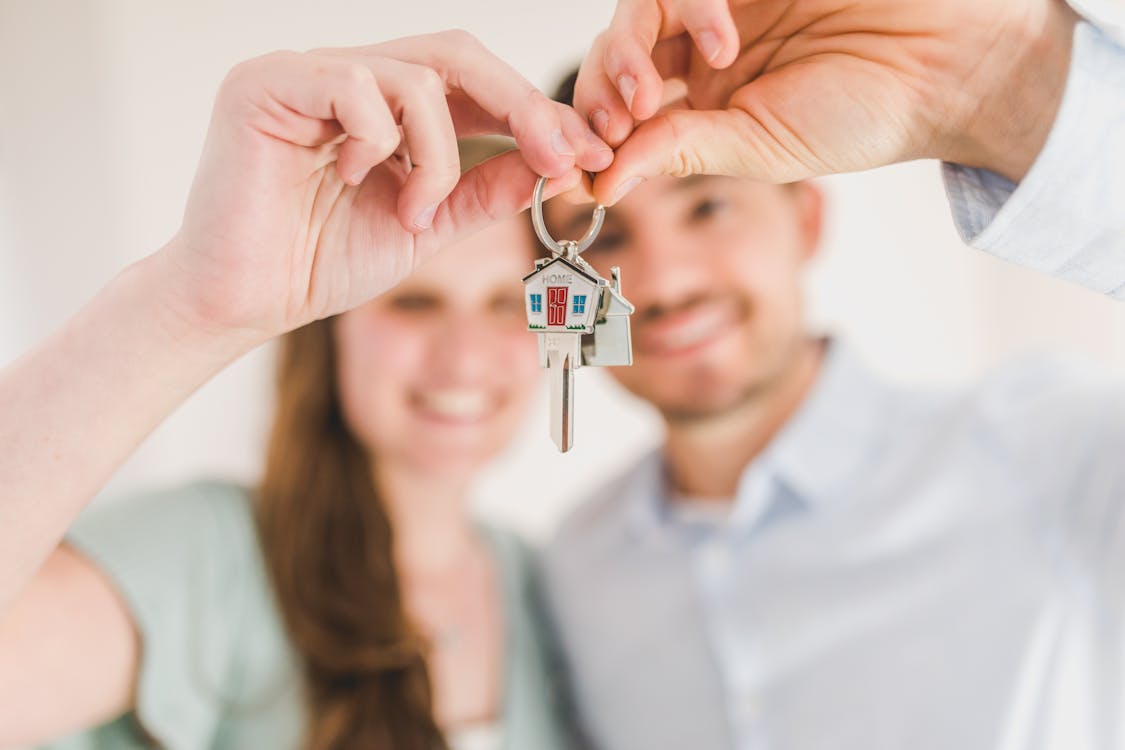The comprehensive guide for investing in real estate in Beirut
Sep 10, 2024
The comprehensive guide for investing in real estate in Beirut
Real estate investors from all over the world have been flocking to Beirut , the capital city of Lebanon, because of the city's lively and dynamic atmosphere. Beirut is a metropolis that has been drawing investors. A vibrant hub for commerce, tourism, and real estate investment, Beirut has been able to achieve this status as a result of its extensive history, diversified culture, and strategic position.

An Examination of the Real Estate Market in Beirut:
The city of Beirut has seen significant changes during its entire history. Beirut has witnessed a tremendous metamorphosis, transforming from the ruins of a civil war that lasted from 1975 to 1990 into a bustling and cosmopolitan metropolis. This development has occurred throughout the centuries.
The city currently exhibits a mesmerizing combination of historical attraction and contemporary attractiveness, which is a sight to behold. In recent years, the real estate market in Beirut has witnessed a substantial boom, which has resulted in the birth of a large number of new buildings and projects all across the city.

Possibilities for financial investment in Beirut:
The city of Beirut is a desirable location for real estate investment due to the great potential for high returns on investment because of its location. In comparison to the pricing of real estate in other major cities in the area, Beirut's prices are more inexpensive, despite the fact that there is a significant demand for real estate in the city. There are several different types of investment options available in Beirut, including residential homes, commercial buildings , and land development .

Real estate that is primarily residential:
The residential real estate market in Beirut has a diverse selection of homes that may accommodate a wide range of preferences and levels of financial resources. Beirut has a comprehensive selection of housing alternatives, making it possible to satisfy a wide variety of preferences and inclinations.
Whether you are seeking a classic house in a historic neighborhood or a magnificent apartment in a high-rise structure, you will be able to discover something in this bustling city that is suitable for your requirements. A number of the residential neighborhoods of Beirut, including Achrafieh, Hamra, and Verdun, are among the most sought after.

Commercially viable real estate properties:
In addition to having a thriving economy that attracts investors from all over the world, Beirut is well-known for its robust commercial and commerce environment. The commercial real estate market in Beirut provides a diverse selection of properties to meet the requirements of a wide range of businesses because of its versatility.
For those interested in commercial real estate, Beirut offers a diverse selection of alternatives, ranging from office spaces in contemporary buildings to retail spaces in bustling shopping areas. The city's strong corporate climate makes it an appealing location for investors who are wanting to profit on the city's economic growth.

Lands:
Those investors who are oriented toward a long-term perspective will find that investing in land in Beirut is a lucrative prospect. As a result of the current state of the market in Beirut, it is projected that the value of land will see a major increase in the not too distant future. Due to the fact that Beirut is home to a number of different districts that are now undergoing growth, the city is an excellent option for investors who are looking to capitalize on the proliferation of the city.

Questions That Are Frequently Asked:
- Regarding real estate investment, which neighborhoods in Beirut are now drawing the most attention from potential buyers?
Achrafieh, Hamra, and Verdun are now the most sought-after neighborhoods in Beirut for real estate investment, according to the patterns that have been seen in the market.
- Can you tell me about the availability of reasonably priced real estate in Beirut?
To answer your question, yes, there are a great number of reasonably priced houses available in Beirut, notably in the suburbs and the districts around the main metropolis.
- Given the current situation of the real estate market in Beirut, what is the probable return on investment?
There is a large potential for return on investment in the real estate market in Beirut, particularly for investors that have a long-term view on the situation.

In conclusion, the real estate market in Beirut is a dynamic and compelling industry that offers potential investors a wide range of investment opportunities to choose from. The city of Beirut provides a comprehensive selection of alternatives, which include residential houses, commercial properties, and land, to meet the requirements and interests of a wide spectrum of individuals. Real estate investors from all over the world have been flocking to Beirut, the capital city of Lebanon, because of the city's lively and dynamic atmosphere. Beirut is a metropolis that has been drawing investors. A vibrant hub for commerce, tourism, and real estate investment, Beirut has been able to achieve this status as a result of its extensive history, diversified culture, and strategic position.